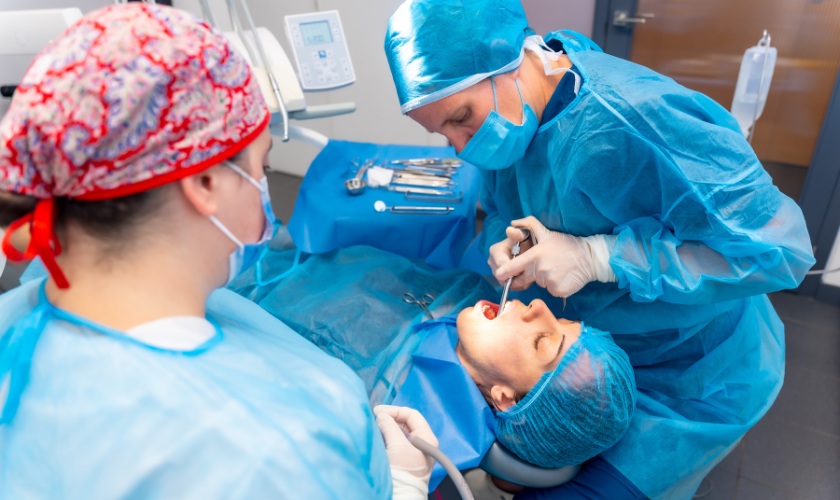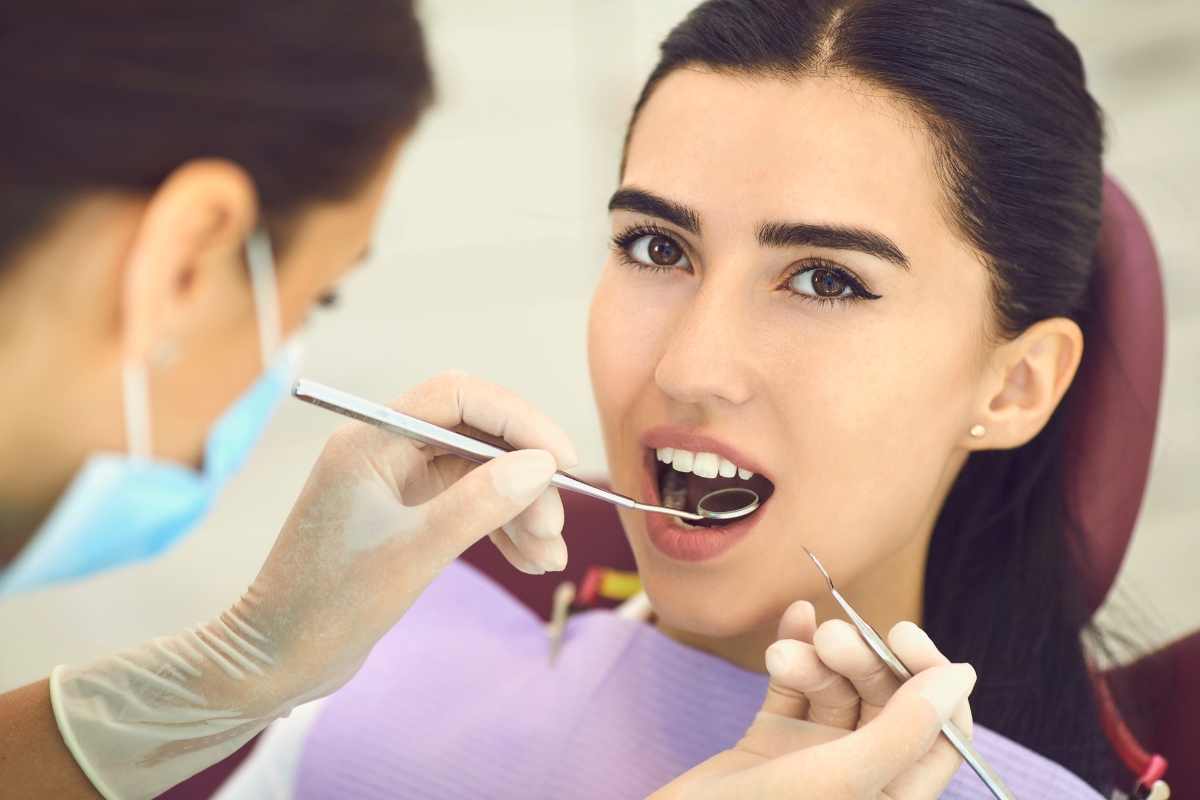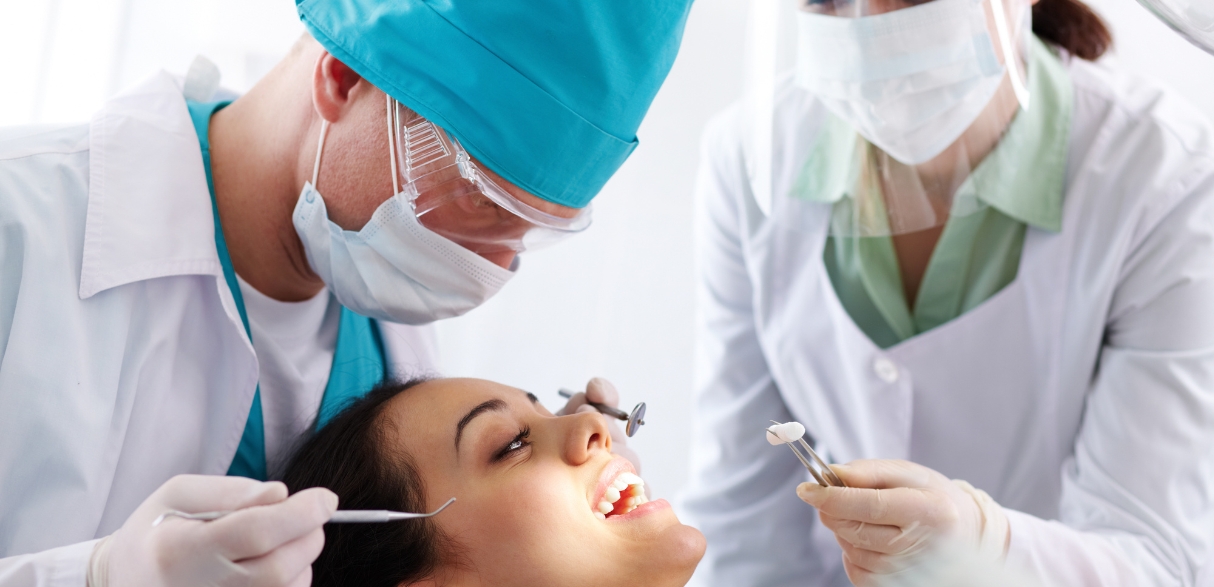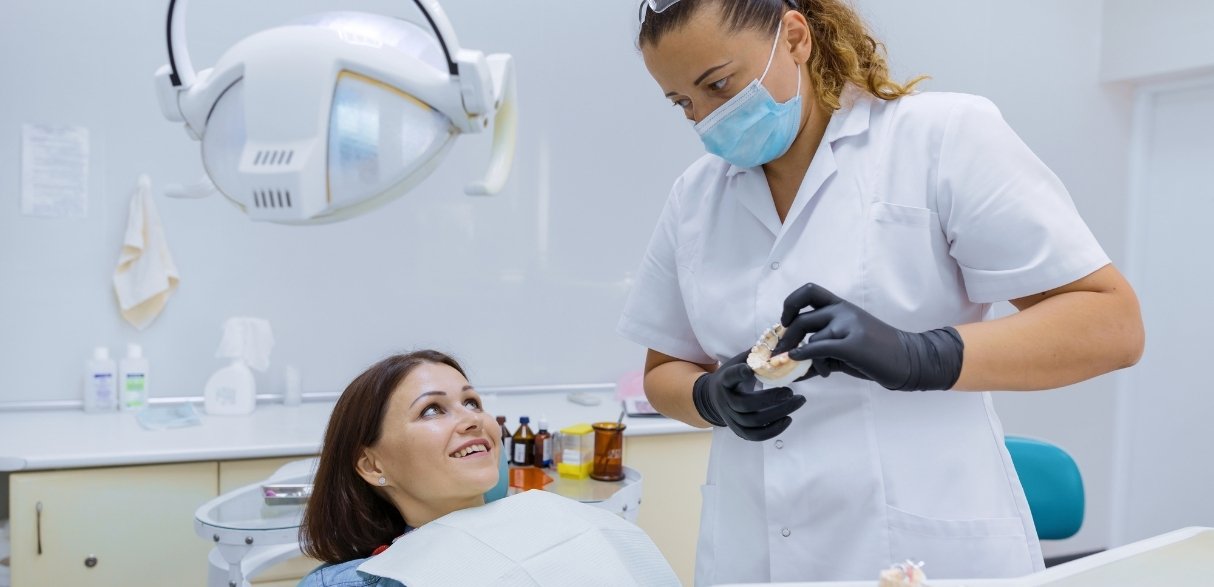

Facing oral surgery can be daunting, but knowing how to manage your recovery can make the experience less stressful. Whether it’s a wisdom tooth extraction, dental implant placement, or jaw surgery, effective recovery strategies are crucial. Here are five tips to ensure your oral surgery recovery is as smooth and comfortable as possible.
Follow Post-Operative Instructions Diligently
Your oral surgeon will provide specific post-operative instructions tailored to your surgery type. These instructions are designed to promote healing and prevent complications. They may include guidelines on:
- Medication: Take prescribed antibiotics and pain relievers as directed. Not only do these medications manage pain, but they also help prevent infections.
- Oral Hygiene: Keeping the surgical site clean is critical. You should use a special mouth rinse or follow a gentle brushing routine. Avoid disturbing the area directly.
- Diet: Stick to soft foods and avoid hot, spicy, or crunchy items that could irritate the wound.
Adhering strictly to these instructions can significantly impact your recovery speed and comfort.
Prioritize Rest and Avoid Physical Exertion
Rest is a vital component of healing. After oral surgery, your body needs time to recover. Here’s how to ensure you get the rest you need:
- Take Time Off: Plan to take a few days off work or school. This allows you to rest without the pressure of daily responsibilities.
- Elevate Your Head: When lying down, keep your head elevated with pillows. This can reduce swelling and minimize bleeding.
- Avoid Strenuous Activities: Refrain from physical activities that increase blood flow to the head, such as heavy lifting or intense exercise. Overexertion can lead to complications like increased bleeding or delayed healing.
By allowing your body to rest, you create optimal conditions for a swift recovery.
Maintain a Nutritious and Suitable Diet
Eating the right foods after oral surgery is essential for healing. Your diet should be both nutritious and gentle on your surgical site. Consider these dietary tips:
- Soft Foods: Stick to foods that don’t require much chewing. Think mashed potatoes, yogurt, smoothies, and soup.
- Stay Hydrated: Drink plenty of water. Hydration is crucial for overall health and healing. However, avoid using straws as the suction can disrupt the healing process.
- Nutrient-rich foods: Incorporate foods rich in vitamins and minerals. Vitamin C, for example, is excellent for healing tissues. Include foods like scrambled eggs, soft fruits, and cooked vegetables.
A balanced diet will not only help you recover faster but also keep your energy levels up during the healing process.
Manage Pain and Swelling Effectively

Pain and swelling are common after oral surgery. Managing these symptoms effectively can make your recovery more comfortable. Here are some tips:
- Cold Compresses: Apply ice packs to the outside of your face near the surgical site for 15-minute intervals. This can help reduce swelling and numb the area.
- Over-the-counter Pain Relief: In addition to prescribed medications, over-the-counter options like ibuprofen can be useful. Always follow your surgeon’s advice on what is safe to take.
- Stay Propped Up: Sleeping with your head elevated can help minimize swelling and make breathing easier.
Effective pain and swelling management can significantly improve your comfort during recovery.
Avoid Smoking and Alcohol
Smoking and alcohol can severely impede your recovery after oral surgery. Here’s why you should avoid them:
- Smoking: The act of smoking can dislodge the blood clot that forms in the surgical site, leading to a painful condition known as dry socket. Additionally, the chemicals in cigarettes can slow healing and increase the risk of infection.
- Alcohol: Alcohol can interfere with prescribed medications and dehydrate you, both of which can hinder the healing process. It can also irritate the surgical site and delay recovery.
Steering clear of these substances can promote a healthier, faster healing process.
Stay Attuned to Your Body
During your oral surgery recovery, it’s crucial to listen to your body. Be aware of how you’re feeling, and don’t ignore unusual symptoms. Keep an eye out for signs of complications, such as:
- Excessive Bleeding: A bit of bleeding is normal, but if it continues for more than 24 hours or seems excessive, contact your surgeon.
- Persistent Pain: While some discomfort is expected, severe or persistent pain that doesn’t improve with medication might indicate an issue.
- Signs of Infection: Swelling, redness, fever, or pus discharge can signal an infection. Seek medical advice immediately if these symptoms arise.
Being proactive about your health and contacting your surgeon when necessary can prevent minor issues from becoming major complications.
Establish a Comfortable Healing Environment
Creating a soothing and supportive environment at home can greatly enhance your recovery experience. Consider the following tips to make your recovery period as comfortable as possible:
- Prepare Ahead of Time: Before your surgery, stock up on essential supplies like soft foods, prescribed medications, ice packs, and comfortable pillows.
- Entertainment: Have books, movies, or shows lined up to keep you entertained while you rest.
- Support System: Make sure you have someone available to assist you with daily tasks, at least for the first couple of days post-surgery.
A well-prepared environment can help reduce stress and allow you to focus on healing.
Keep Up with Follow-Up Appointments

After your surgery, follow-up appointments are crucial. They allow your oral surgeon to monitor your healing progress and address any concerns. Here’s why these appointments matter:
- Assessment: Your surgeon can check the surgical site for proper healing and catch any potential issues early.
- Adjustment: If you have stitches, your surgeon may need to remove them or make adjustments.
- Guidance: You’ll receive continued advice on oral care and recovery strategies based on your progress.
Attending all scheduled follow-up visits ensures your recovery stays on track.
Bonus Tip: Be Gentle with Your Mouth
For the first week after surgery, avoid talking excessively, smoking, and drinking alcohol. These activities can irritate the surgical site and hinder healing. Additionally, resist the urge to touch or poke the surgical area with your fingers or tongue.
Remember, healing is a process, and everyone recovers at their own pace. If you experience any concerning symptoms like excessive bleeding, fever, or severe pain that doesn’t improve with medication, contact your oral surgeon immediately.
Getting back to your routine after oral surgery takes time and patience. By following these tips and listening to your body, you can ensure a smooth and comfortable recovery. If you’re looking for a dedicated oral surgeon in San Jose, CA, consider scheduling a consultation to discuss your surgical needs and recovery plan.


